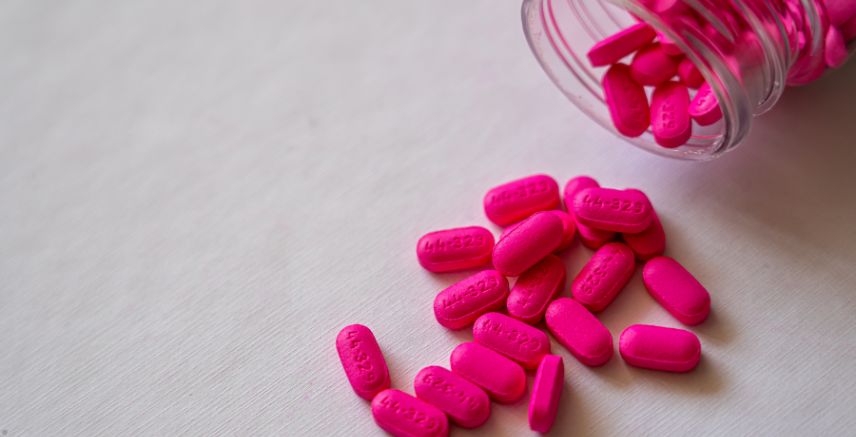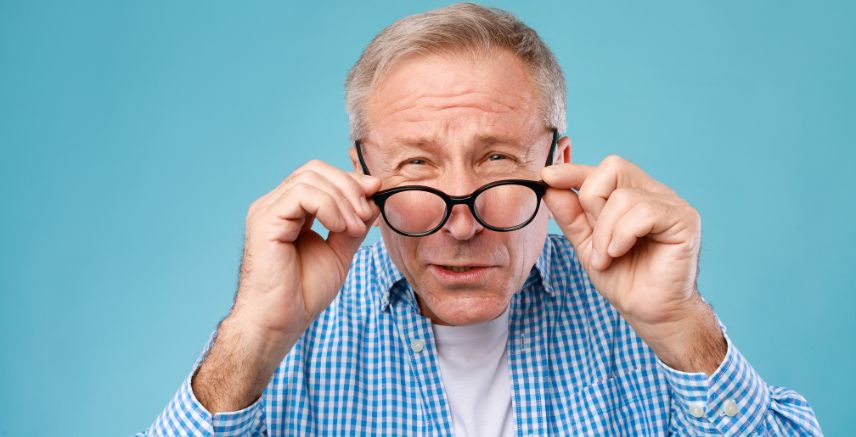Speak to Your Doctor About Treatment for ADHD
Attention-Deficit/Hyperactivity Disorder (ADHD) is a condition that affects focus, impulse control and hyperactivity. Effective management often involves a combination of treatments tailored to the individual’s needs. These include medications, therapy, lifestyle adjustments and emerging therapies.
Let's look at common options for treatment for ADHD you can talk to your doctor about.
Medications for ADHD
Medications are the primary treatment option for ADHD, helping regulate brain activity to improve focus, self-control and attention. However, medications don't cure ADHD as it is a neurodivergence in the brain.
Stimulant Medication
Stimulant medications are most often recommended because of their effect on increasing the above mentioned neurotransmitters. Methylphenidate-based drugs like Ritalin, Concerta and Daytrana are popular options. Amphetamine-based medications such as Adderall, Vyvanse and Dexedrine are also widely used. These medications work by increasing dopamine and norepinephrine levels in the brain, enhancing attention and reducing impulsivity.
There are many types of stimulant medications used as treatment for ADHD so you may have to try a few before you find the one that works best for you. There are also short-acting and long/intermediate-acting stimulants, which either improve symptoms immediately or are released over a six to eight hour period, respectively. Your doctor may put you on one or both depending on need.
Non-stimulant Medication
There are non-stimulant medications prescribed for ADHD as well, though they can take several weeks to start working. They are recommended because they are not a controlled substance and so will not promote dependency. Doctors may also prescribe them if the side effects from stimulants are too intense or in combination with stimulant medications to increase their effectiveness.
Atomoxetine (Strattera) is a norepinephrine reuptake inhibitor that helps manage symptoms without the side effects often associated with stimulants. Other options include Guanfacine (Intuniv) and Clonidine (Kapvay), which are particularly effective for reducing hyperactivity and improving emotional regulation. Antidepressants like bupropion and tricyclic antidepressants are sometimes used off-label to treat ADHD, especially in individuals with co-occurring anxiety or depression.
Behavioral Therapy
Behavioral therapy is a cornerstone of ADHD management, often used alongside medications. Cognitive Behavioral Therapy (CBT) helps individuals recognize and modify negative thought patterns while developing better organization and problem-solving skills. For children, parent training programs are effective, teaching parents strategies to support their child’s development through positive reinforcement and consistent routines. Social skills training is another important aspect, helping individuals build better interpersonal relationships and communication abilities.
CBT addresses negative thoughts, feelings and behaviors that are contributing to or exacerbating symptoms. Specifically in ADHD, CBT treatment can focus on several factors including:
- Psychoeducation about ADHD, executive dysfunction and other symptoms.
- Stress management and relaxation skills.
- Strategies to improve emotional regulation.
- Skills and strategies to improve problem-solving.
- Reducing procrastination.
- Teaching how to navigate distractions.
- Increase and improve adaptive thinking.
Working with a mental health care practitioner who is well-versed in treating ADHD with CBT can help improve overall function and quality of life, especially when combined with medications.
Lifestyle Modifications
Lifestyle changes can play a significant role in managing ADHD symptoms. A healthy diet rich in omega-3 fatty acids and low in sugar and artificial additives may help reduce hyperactivity and improve focus. Regular exercise is another essential component, as it boosts dopamine levels naturally and enhances attention. Mindfulness practices, such as yoga and meditation, improve emotional regulation and concentration.
Educational Support
Educational accommodations are crucial for individuals with ADHD. Schools may provide Individualized Education Programs (IEPs) or 504 Plans to tailor learning environments to the student’s needs. Classroom adjustments, such as extra time for assignments, quiet testing spaces and structured schedules can help students thrive academically.
Emerging and Alternative Treatments
Innovative treatments are becoming more accessible for ADHD management. Digital therapeutics, such as EndeavorRx, an FDA-approved video game designed to improve focus in children with ADHD, represent a new frontier in treatment. Neurofeedback, a non-invasive technique to train brain wave patterns, is another promising option. Participation in clinical trials may also provide access to cutting-edge therapies.
Support Systems and Coaching
ADHD coaches help individuals develop time management, goal-setting and organizational skills, which are particularly valuable for teenagers and adults. Support groups offer emotional encouragement and shared experiences, helping individuals and families cope with the challenges of ADHD.
The information on this website is for general educational purposes only and is not a substitute for professional medical advice. Always consult your doctor or qualified healthcare provider before making changes to your health, diet or treatment plan.

